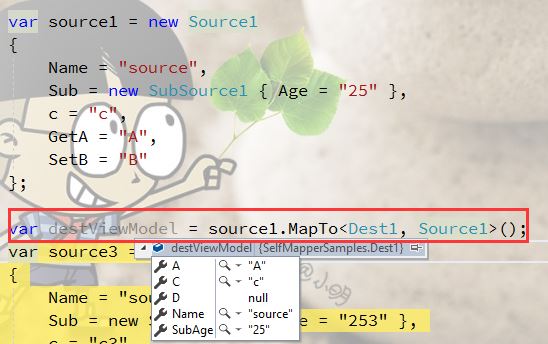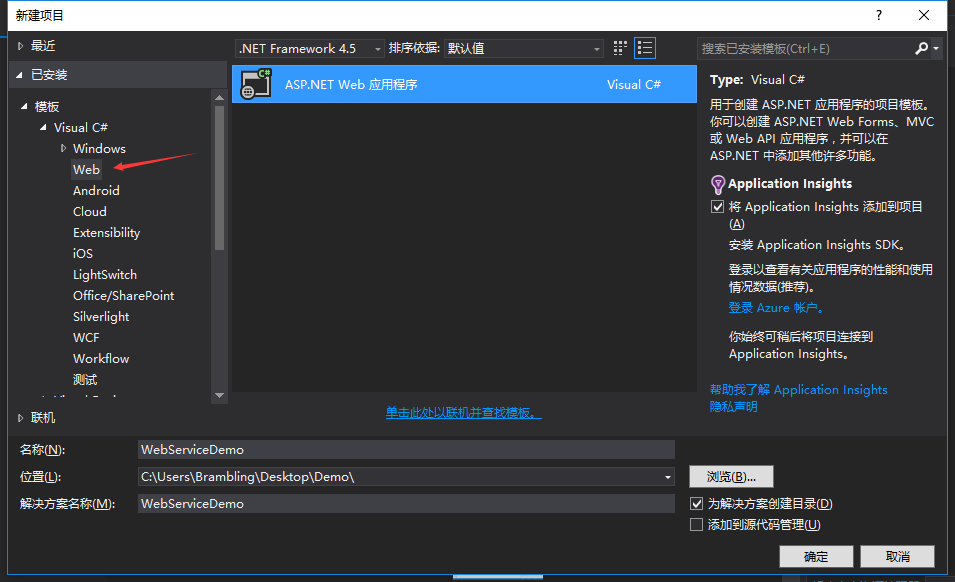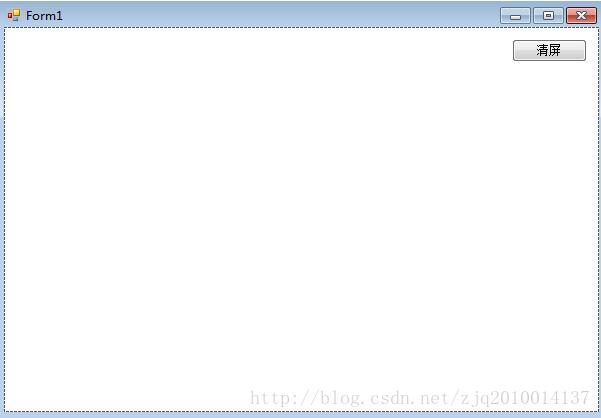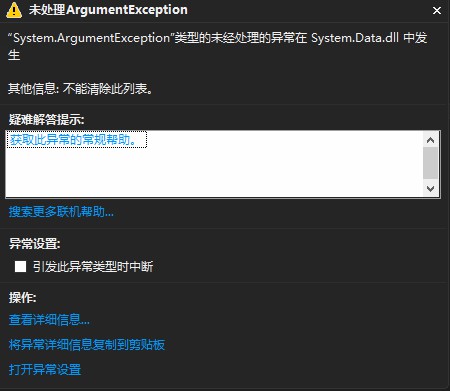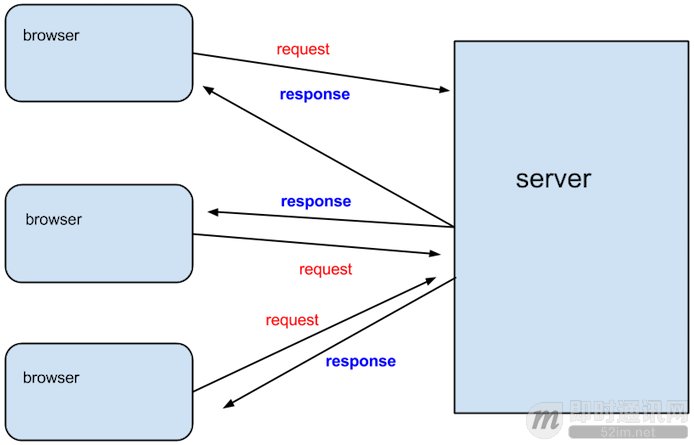这篇文章介绍了LINQ操作符SelectMany的用法,文中通过示例代码介绍的非常详细。对大家的学习或工作具有一定的参考借鉴价值,需要的朋友可以参考下
SelectMany操作符提供了将多个from子句组合起来的功能,相当于数据库中的多表连接查询,它将每个对象的结果合并成单个序列。
示例:
student类:
using System;
using System.Collections.Generic;
using System.Linq;
using System.Text;
using System.Threading.Tasks;
namespace SelectMany操作符
{
/// <summary>
/// 学生类
/// </summary>
public class Student
{
//姓名
public string Name { get; set; }
//成绩
public int Score { get; set; }
//构造函数
public Student(string name, int score)
{
this.Name = name;
this.Score = score;
}
}
}teacher类:
using System;
using System.Collections.Generic;
using System.Linq;
using System.Text;
using System.Threading.Tasks;
namespace SelectMany操作符
{
/// <summary>
/// Teacher类
/// </summary>
public class Teacher
{
//姓名
public string Name { get; set; }
//学生集合
public List<Student> Students { get; set; }
public Teacher(string name, List<Student> students)
{
this.Name = name;
this.Students = students;
}
}
}Program类
using System;
using System.Collections.Generic;
using System.Linq;
using System.Text;
using System.Threading.Tasks;
namespace SelectMany操作符
{
class Program
{
static void Main(string[] args)
{
//使用集合初始化器初始化Teacher集合
List<Teacher> teachers = new List<Teacher> {
new Teacher("徐老师",
new List<Student>(){
new Student("宋江",80),
new Student("卢俊义",95),
new Student("朱武",45)
}
),
new Teacher("姜老师",
new List<Student>(){
new Student("林冲",90),
new Student("花荣",85),
new Student("柴进",58)
}
),
new Teacher("樊老师",
new List<Student>(){
new Student("关胜",100),
new Student("阮小七",70),
new Student("时迁",30)
}
)
};
//问题:查询Score小于60的学生
//方法1:循环遍历、会有性能的损失
foreach (Teacher t in teachers)
{
foreach (Student s in t.Students)
{
if (s.Score < 60)
{
Console.WriteLine("姓名:" + s.Name + ",成绩:"+s.Score);
}
}
}
//查询表达式
//方法2:使用SelectMany 延迟加载:在不需要数据的时候,就不执行调用数据,能减轻程序和数据库的交互,可以提供程序的性能,执行循环的时候才去访问数据库取数据
//直接返回学生的数据
var query = from t in teachers
from s in t.Students
where s.Score < 60
select s;
foreach (var item in query)
{
Console.WriteLine("姓名:" + item.Name + ",成绩:"+item.Score);
}
//只返回老师的数据
var query1 = from t in teachers
from s in t.Students
where s.Score < 60
select new {
t,
teacherName=t.Name,
student=t.Students.Where(p=>p.Score<60).ToList()
};
foreach (var item in query1)
{
Console.WriteLine("老师姓名:" + item.teacherName + ",学生姓名:" +item.student.FirstOrDefault().Name+ ",成绩:" + item.student.FirstOrDefault().Score);
}
// 使用匿名类 返回老师和学生的数据
var query2 = from t in teachers
from s in t.Students
where s.Score < 60
select new { teacherName=t.Name, studentName=s.Name,studentScore=s.Score };
foreach (var item in query2)
{
Console.WriteLine("老师姓名:" + item.teacherName + ",学生姓名:" + item.studentName + ",成绩:" + item.studentScore);
}
//使用查询方法
var query3 = teachers.SelectMany(p => p.Students.Where(t=>t.Score<60).ToList());
foreach (var item in query3)
{
Console.WriteLine("姓名:" + item.Name + ",成绩:" + item.Score);
}
Console.ReadKey();
}
}
}到此这篇关于LINQ操作符SelectMany的文章就介绍到这了。希望对大家的学习有所帮助,也希望大家多多支持得得之家。
沃梦达教程
本文标题为:LINQ操作符SelectMany的用法


基础教程推荐
猜你喜欢
- 如何用C#创建用户自定义异常浅析 2023-04-21
- 浅谈C# 构造方法(函数) 2023-03-03
- C#使用NPOI将excel导入到list的方法 2023-05-22
- C#使用Chart绘制曲线 2023-05-22
- Unity虚拟摇杆的实现方法 2023-02-16
- C#执行EXE文件与输出消息的提取操作 2023-04-14
- C#中参数的传递方式详解 2023-06-27
- C# TreeView从数据库绑定数据的示例 2023-04-09
- C#实现归并排序 2023-05-31
- C#使用SQL DataAdapter数据适配代码实例 2023-01-06








